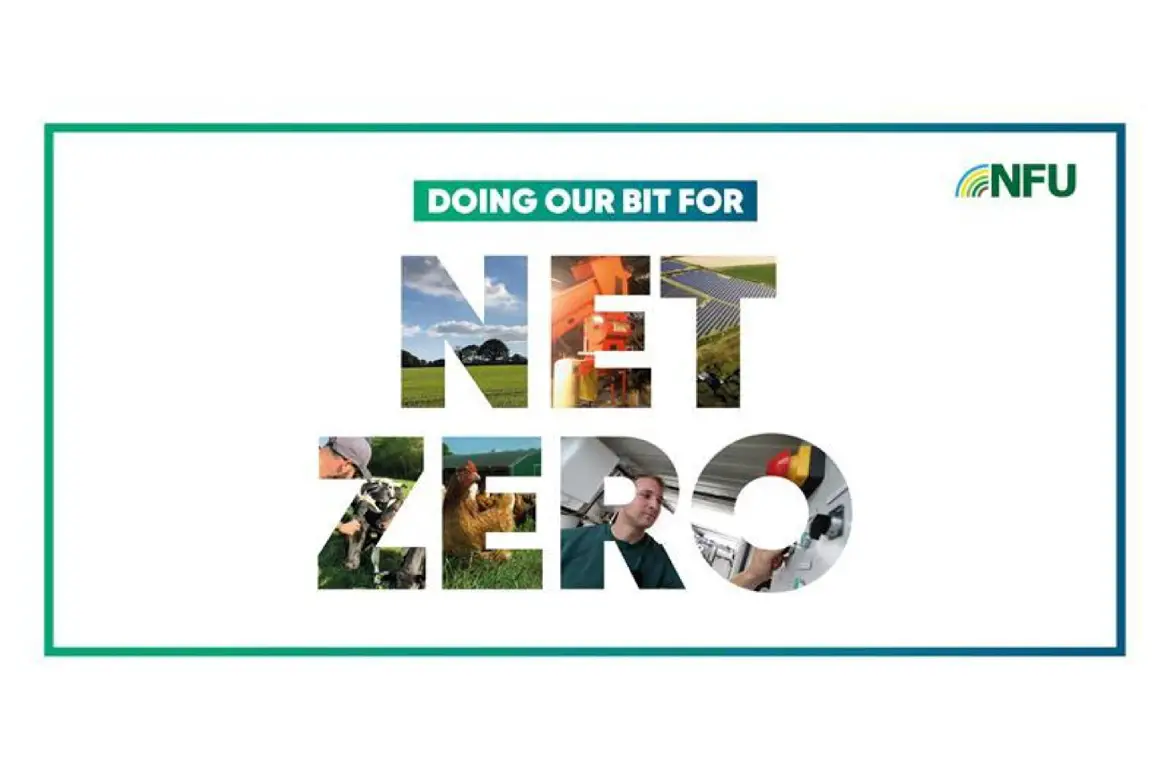Farmers and growers, according to a recent NFU survey on environmental land management schemes (ELMs), are keen to apply for ELMs, but want to see measures offering net zero alongside environmental and biodiversity measures.
According to the NFU, the survey of 400 members underscores the importance of British agriculture in helping the country combat climate change alongside producing climate-friendly foods.
Nevertheless, it also stresses the importance of net zero actions within ELMs, as well as the importance of fair reward and support for farm businesses who are working towards reaching net zero greenhouse gas emissions by 2040.
Among the potential actions that they feel would be most important for their businesses and climate action,
89% said hedgerow management and restoration
84% said maintaining permanent grassland and/or improving grassland management
81% said nutrient management e.g. planning and precision application
80% said generating and using renewable energy on farm
74% said greenhouse gas footprinting
Results of the survey are a key component of the NFU-led net zero ELM trial that is currently underway to learn whether net zero measures can be included in ELM.
In addition to showing high levels of interest in net zero actions, the results also illustrate that different farms are at different places on their net zero journeys, and different measures, delivery methods, and levels of advice are needed in order to appeal to as many farmers as possible, said the NFU.
Tom Bradshaw, vice president of the NFU, said: “British farmers are really enthusiastic about net zero opportunities and are committed to the industry’s ambition to reach our net zero target by 2040. This survey clearly shows the scale of demand for these actions and the need for future support schemes to cater for it.”
“The ELM needs to deliver meaningful, widespread and long-term benefits to the environment and our climate. I believe this should include offering a variety of options such as maximising the carbon storage potential of our grasslands, encouraging better nutrient management and, vitally, building confidence in greenhouse gas footprinting so we can effectively benchmark progress. This is also an opportunity for ELMs to work in conjunction with the carbon market so farmers can really maximise their potential when it comes to net zero delivery.”
“This is work farmers really want to do. It’s so important that the government recognises this and shapes the new ELM schemes so that farmers have the means to do it. The inclusion of such incentives would be a giant step forward in securing our position as world leaders of climate-friendly food, paving the way for others to follow.”
“This is an opportunity we don’t want to miss, and as a nation striving towards net zero by 2050 and a global community fighting the climate crisis, we can’t afford to miss it.”
Herefordshire farmer Richard Thomas, who participated in the net zero ELM test and trial, said: “We are already doing a lot of net zero work on my farm, including planting trees to sequester carbon, changing grassland management to build root mass in soils and using organic manures to cut nitrogen fertiliser use, but I want to do even more to make my business more carbon-friendly.”
“The way I see it, including net zero incentives within ELMs that are attractive to farmers and deliver meaningful climate mitigation results is a win-win. I would love to see options available within ELMs for things like long term hedgerow management regimes and reduced cultivation, as these would enable me to build on the work I’m already doing while continuing to produce fantastic, nutritious food.”
“For me, it’s important that small farms like mine are represented in the design of ELMs, and I think flexibility and variety are going to be key to get as many farmers as possible taking part. For the scheme to work for my mixed farming business, I would need completely different options to those a large-scale fruit farmer in Kent would need, but if there is at least one option within ELMs for each farmer to do something for net zero then we can have a real cumulative positive impact.”
This autumn, the NFU will be concluding its net zero ELM test and trial funded by Defra. A total of 150 members participated in workshops.

